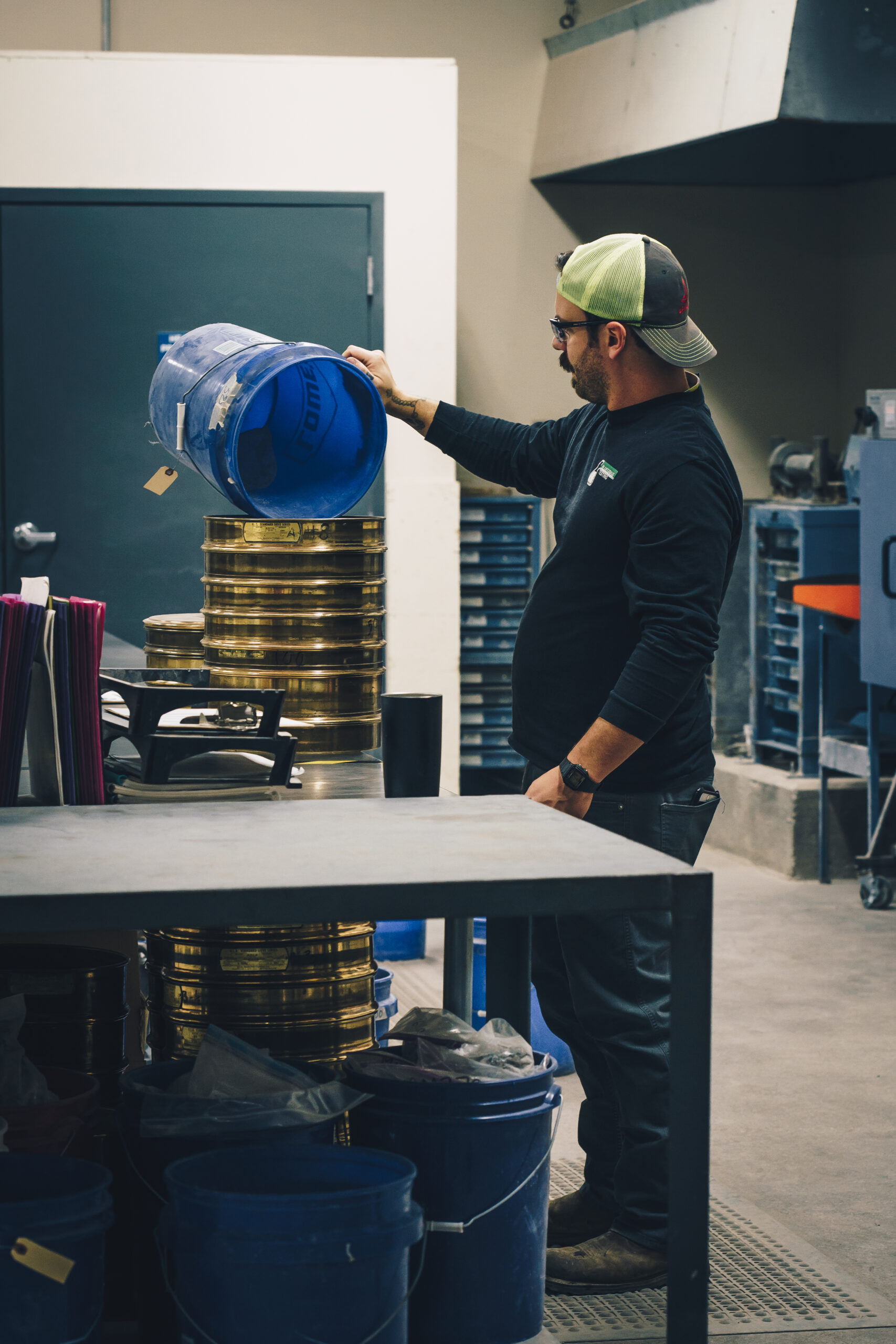
When you choose a career in construction, you will have the opportunity to work on all the types of projects, whether you’re affiliated with a union or not.
So how does working under a labor union differ from working for a construction company? Let’s start off with unions.
Union Job
A construction union is an organized group of laborers, often of a specific skilled trade, that aims to further their rights and protection as a workforce. Construction unions are typically organized at the state level or as a local chapter of a national union. They function like a democracy with elected leaders and officials that protect the wellbeing of their members to support individual needs, protect against harassment and improve safe working conditions.
Being a member of this group gives you protection in more ways than one.
- From the beginning, unions support members’ education. They offer apprenticeships, often at no cost.
- On the jobsite, you can expect a greater sense of security. Large public jobs often hire union workers, which means stricter safety restrictions that are more heavily enforced than non-union job sites.
- Throughout the course of a person’s career, unions strive to get workers the best earnings as they handle salary and non-salary benefits negotiations for an individual.
But these benefits do come at a cost. If you join a union, you can expect:
- Initiation fees and ongoing annual dues, often upwards of hundreds of dollars.
- These dues support the organization overall, but not always the individual.
- Loss of control and authority
- Given the group standard, advancement can be slower.
To find a labor union near you click here.
Open Shop
If working within a labor union sounds more restrictive than supportive, a non-union or open shop route may be for you.
An open shop can be defined as a place of employment in which a person isn’t required to join or financially support a union, sometimes referred to as closed shop, as a condition of being hired or continued employment. The reassurance that unions bring may not be present in open shop employment, but it provides a sense of freedom that unions cannot provide:
- Non-union workers are not confined to the parameters set by an affiliated organization. They do not have to follow certain protocols or paths. Therefore, they have a higher level of autonomy, which often leads to faster career advancement.
- Since unions handle employer negotiations, a person does not have direct control over their income. It’s important to note that federal labor laws specifically state that employers are not required to make any concession or give into any union demand, meaning employees are not guaranteed they will be better off with union representation.
- Unions do have a set of standards that must be upheld, but there are many employee-friendly employers throughout the state of Ohio that have policies and procedures that provide the same benefits as unions without the cost. The key is to identify the best employers in your area.
To find an open position near you, contact local construction firms in your area.
No matter which route you take, you can feel confident choosing a career in construction. According to the Associated Builders and Contractors (ABC), last year the construction industry averaged record-high job openings per month (390,000) with an unemployment rate of just 4.6%, the second lowest on record. And, those trends are expected to continue as we face an ongoing labor gap.
Start your career search today. Then, stay tuned for our next post in our Where to Work series. In it, we’ll share what you can expect while working on and off the job site.
